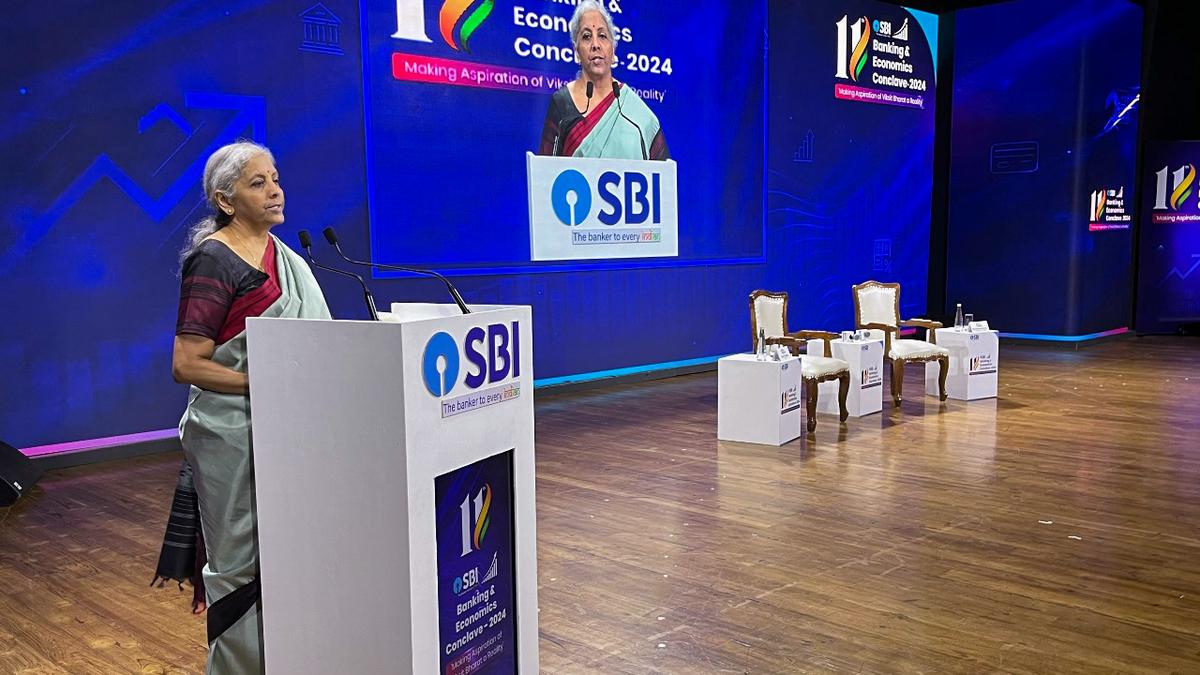Racial bias: Black joblessness is above the national average. It was 23.3% among South Africans of mixed race.
| Photo Credit: Reuters
Thirty years after the end of apartheid, South Africa’s economy remains deeply divided by race, spurring political debate on the extent to which its flagship Black economic empowerment law has worked.
South Africa has struggled for years with low economic growth and high unemployment. The official unemployment rate was 33.5% in April-June of this year.
During that period, the unemployment rate was 37.6% among Black South Africans and 7.9% among white South Africans, according to the statistics agency. It was 23.3% among South Africans of mixed race.
The unemployment rate among Black people has consistently been higher than the national average over the past decade, and has risen more than nine percentage points since 2014, Statistics South Africa said.
In the private sector, white people occupied 65.9% of top management level posts while Black people occupied 13.8% in 2022, according to South Africa’s Commission for Employment Equity. South Africa’s population of 64 million is about 8% white, official data shows.
The statistics show that the percentage of Black people increases as the job level goes down to senior, professional, skilled, semi-skilled and unskilled.
At the unskilled labour level, white people occupied 0.9% of jobs in the private sector and Black people 82.8% in 2022.
“No entity registered 100% Black-owned within the Johannesburg Stock Exchange-listed companies,” the Broad-Based Black Economic Empowerment Commission said.
Published – September 24, 2024 10:41 am IST





